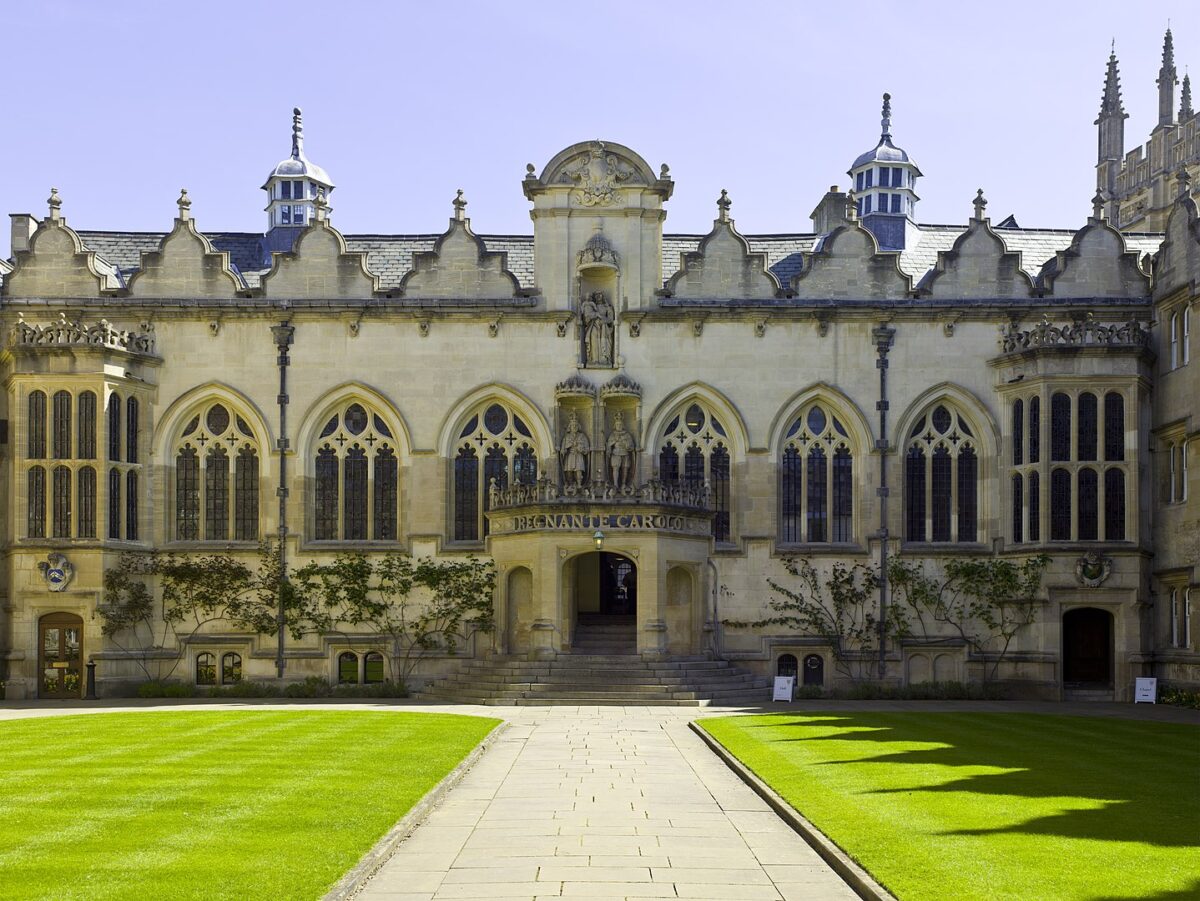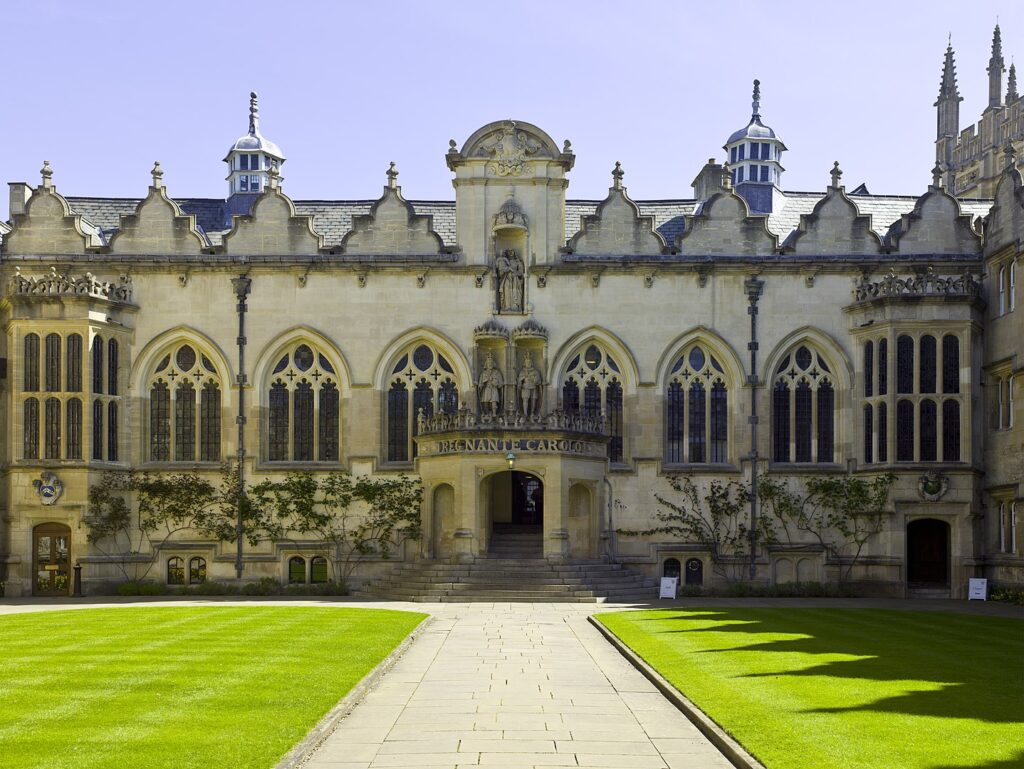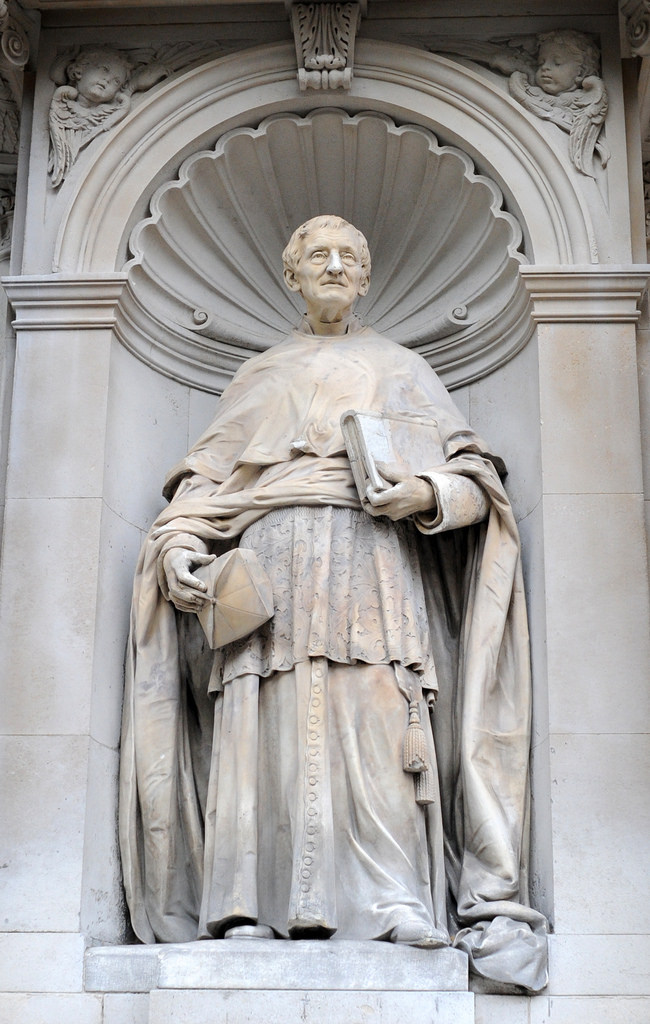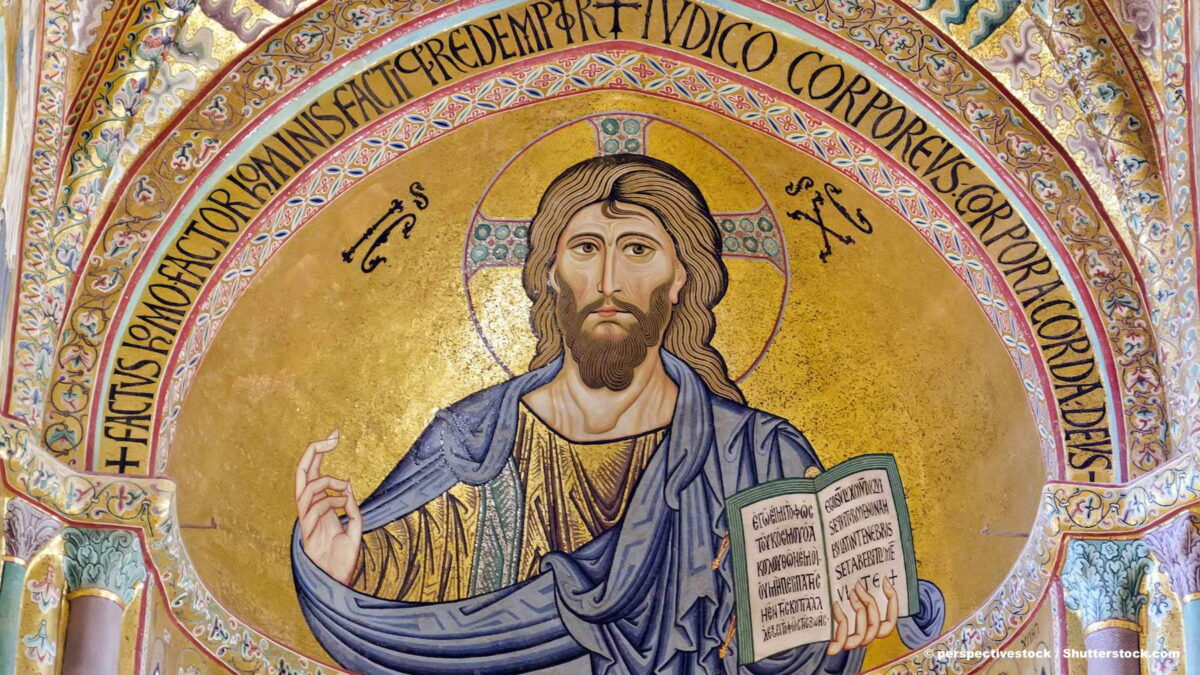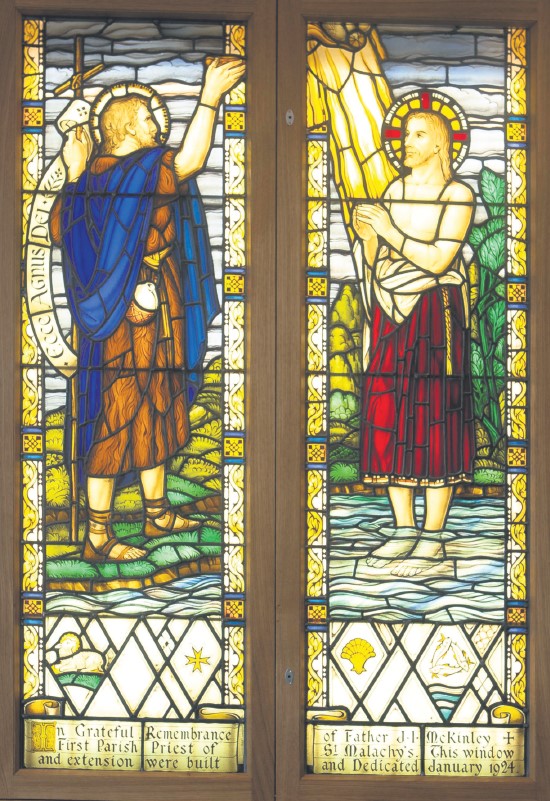Friday 6th November 2020
The CHC @ The Catholic Universe
Newman: A Light between the Reformation and Modernity
Stefan Kaminski
St John Henry Newman’s journey to the Catholic faith remains a powerful testimony to an increasingly-secularised world
Last month, two important anniversaries of English saints coincided. We saw the fiftieth anniversary of the canonisation of the Forty Martyrs of England and Wales, and we celebrated the first anniversary of John Henry Newman’s canonisation.
Although the Martyrs and Newman lived and died several centuries apart, they are united by the experience of the protestant Reformation and the ensuing split of the English State’s Church from the Catholic. However, they both experienced this split in rather different ways. The Martyrs experienced it from without: being persecuted and executed for not adhering to the new, Protestant Church. Newman, as a member of that Protestant Church, experienced it from within; from there, finding his way to Catholicism.
Although Newman was no longer subject to laws that penalised the practice of Catholicism in England, he was nonetheless ostracised following his public conversion, and lost – at least for a period – many of his friends. A large dose of prejudice and suspicion of Catholics remained from the Reformation era, and in this sense too, his experience was in continuity with the Martyrs.
However, Newman also faced a prejudice and suspicion from different quarters, which, in our turn, we can identify with too. The philosophical current known as modernity had already taken root by Newman’s day. The “modern” way of thinking rejected the possibility of acknowledging any religious belief to be true. It declared, in the words of Newman, that “revealed religion is not a truth, but a sentiment and a taste; not an objective fact, not miraculous.” Modernity meant that all interpretations of reality were equally valid: meaning that none were ultimately true. In this milieu of an increasingly secular culture and an embedded hostility to Catholicism, Newman found his way to God and to the Church.
It was not, as is often the case, a simple and immediate conversion. Rather, as Pope Benedict XVI observed when he beatified Newman, it consisted of three, distinct phases. The first is, in part, a response to the secular world: it is basically the thought that there exist “two and two only absolute and luminously self-evident beings, myself and my Creator”. In effect, this was a conversion to a properly Christian way of thinking, which we are increasingly alienated from due to the contrary assumptions that secular thinking makes. For “modern man”, reality is defined by the empirical: that which science can tell us. For the Christian, reality is defined by the spiritual: God and one’s soul.
This truth applies not only to our own, physical existence in this world, but also to every person around us and, indeed, to the entire world that surrounds us. It leads to the understanding that the meaning of things is given by God; their existence itself is guaranteed by God, rather than by the laws of nature (which are themselves an expression of God’s will). And so, the second of Newman’s conversions is summed up in his insistence that it is not enough to hold one’s faith as an abstract state of consciousness: Christianity means “’looking to Jesus’ (Heb 2:9) … and acting according to His will.” It is a trusting in the Lord to lead us concretely through along the path of life, perhaps best summed up by Newman’s hymn, “Lead, Kindly Light”.
The third conversion was, in a sense, the most difficult. If there was a stigma attached to the rejection of his own, Anglican Church, it was increasingly counter-cultural to profess adherence to the doctrines of the Catholic Church. As Benedict XVI noted, this step involved giving up his rank, profession and many of his academic and personal ties; and yet Newman resolutely took this step in October 1845. If it was a step that involved a great interior struggle; it was also a step that finally brought a peace to his mind. Despite the corruption, divisions and imperfections that Newman saw vividly in the Catholic Church, he understood that these were not relevant to the question of faith. For in the Church, Newman saw the same objectivity that he identified in God: the reality of the Church as the real and living, Body of Christ. The Church, with its frail and human outward appearance, is the real place of God’s presence, that the Creator made for Himself upon entering into the world. In that Church, Newman “found a power, a resource, a comfort, a consolation in our Lord’s Real Presence, in communion in His Divine and Human Person, which all good Catholics indeed have.”
Contrary to what is sometimes, sceptically, asserted: becoming a Catholic did not involve a handing over of his own powers of thinking and autonomy. Becoming a Catholic meant finding the freedom to be transformed by what is true, and therefore to discover oneself ever more authentically. It is the same freedom that the Martyrs possessed in giving their lives readily for God, the Church and their flock. It is a freedom that appears contradictory to the secular mind, which can only conceive of freedom as pure, unstructured (and therefore meaningless) liberty.
St Newman thus retains an enormous relevance to today’s Christians. He stands as a powerful reminder that authentically seeking God entails neither freedom from the Church nor freedom from religion.
This article draws from a talk given by Dr. Giuseppe Pezzini’s on St Newman for The Christian Heritage Centre. It is accessible at www.christianheritagecentre.com/media/sssm3newman/

